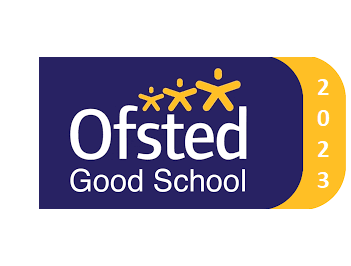Maths
The Huntspill Primary Academies Intent for Maths
It is our belief that all children have the right and the capabilities to become confident and competent mathematicians. Our aim is to develop in each child a deep, conceptual understanding of mathematical skills, knowledge and vocabulary through a mastery approach to maths. Children will be taught the same age-appropriate content as their peers through sequences of connected lessons using manipulatives and representations that will take them through a concrete-pictorial-abstract approach to understanding key mathematical concepts.
Children will be given opportunities to practise and apply the knowledge and skills they have been taught through a range of carefully crafted problems that include mathematical reasoning.
In KS1 children will be taught to develop fluency with whole numbers, counting and place value. They will be taught to use the four operations using a practical approach such as concrete objects and manipulatives. Children will develop their ability to recognise, describe, compare and draw shapes and will experience a range of measures. By the end of KS1, children will confidently recall number bonds to 20 and will show a precise understanding of place value.
In KS2 children will be taught efficient formal written methods to perform calculations accurately with increasingly larger numbers (including decimals). Children will be taught to solve a range of problems involving fractions, decimals, percentages and ratio. Children will be taught to develop their mathematical reasoning in order for them to analyse and confidently describe relationships between numbers, fractions and shapes. They will be able to classify shapes and will be taught the vocabulary they need to describe them. By the end of KS2, children will use algebra as a means for solving a variety of problems and will be fluent in written methods for all four operations (including long multiplication and division).
“Our aim is to develop a deep, conceptual understanding of mathematical skills, knowledge and vocabulary through a ‘mastery’ approach to maths.”
We aim for all pupils to
- Become confident with Maths strategies, making links between the concepts that they learn.
- Develop their abilities with greater skill when talking about their mathematical thinking and reason with confidence, using vocabulary correctly to show a good understanding of their learning.
- Problem solve with independence and resilience and use new and existing skills.
- Have an appreciation of number and number operations, which will enable mental calculations and written procedures to be performed efficiently, fluently and accurately to be successful in mathematics.
Mastery Maths
Mastering maths means pupils acquiring a deep, long-term, secure and adaptable understanding of the subject.
The phrase ‘teaching for mastery’ describes the elements of classroom practice and school organisation that combine to give pupils the best chances of mastering maths.
Achieving mastery means acquiring a solid enough understanding of the maths that’s been taught to enable pupils to move on to more advanced material.
TTRockstars is a fantastic tool to learn your multiplication and division facts. Your class teacher would have given you a username and password to log in. Please click the photo below to be directed to the site
Maths with Michael
White Rose Maths have teamed up with TV presenter, teacher and parent Michael Underwood to bring you a mini-series called Maths with Michael. WRM understand that many parents feel like maths has changed and can sometimes find it difficult to keep up to date with modern teaching methods in maths. Well don’t worry, WRM are here to help. With over 80% of Primary schools and a growing number of Secondary schools using the schemes of learning, supporting resources and assessments, WRM can help you bridge the gap between school and home.
Episodes will give you an introduction to place value, subtraction, multiplication, division, fractions and algebra.
The internet is full of wonderful websites to help us learn. Click on the image to be taken to the webpage.




